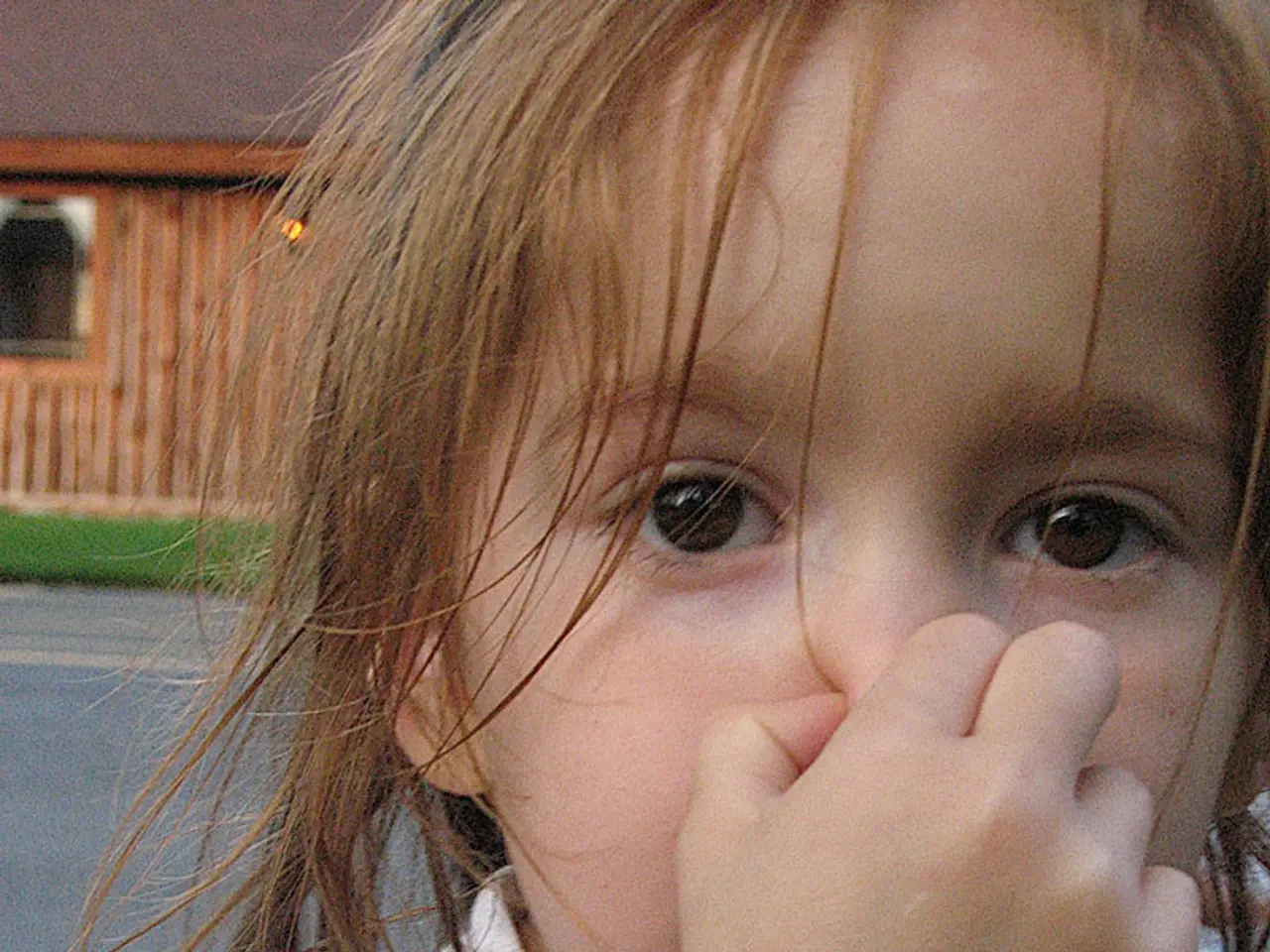Adolescent Cannabis Consumption Raises Probability of Psychotic Disorders
In the heart of a modern city, the story of Sam serves as a poignant reminder of the complex relationship between cannabis use and mental health in teenagers. As the landscape of cannabis continues to evolve, it is essential for parents and teenagers alike to stay informed.
Current research consistently shows that cannabis use during adolescence, especially involving high-potency strains rich in THC, is linked to an increased risk of psychosis. This risk is particularly pronounced in teenage users and individuals with genetic or environmental vulnerabilities such as childhood trauma.
A 2019 Lancet Psychiatry study across multiple European cities found that daily use of high-potency cannabis can increase the risk of first-episode psychosis up to five-fold. Cannabis-induced psychosis was once seen as transient but is now recognized as a possible precursor to chronic psychotic disorders, especially with continued use during adolescence.
Adolescent brains are uniquely vulnerable because cannabis appears to disrupt critical neurodevelopmental processes such as dopamine regulation, neural connectivity, and synaptic pruning — all implicated in psychotic disorders. Childhood trauma significantly elevates psychosis risk and paranoia, and cannabis use can exacerbate these effects. Studies show that greater exposure to THC (quantified in standard units) mediates an indirect effect of trauma on paranoia, amplifying risk.
Increasing availability and retail density of cannabis correlates with higher rates of psychotic and other mental health disorders in teens in regions with legalized sales. Large-scale population data from Ontario (2006-2022) confirmed the association between cannabis use and psychosis onset in a real-world setting.
In the face of these findings, a harm reduction approach may offer a path towards recovery for teenagers struggling with cannabis addiction. Focusing on lower-potency products with higher CBD-to-THC ratios could potentially mitigate the risks associated with cannabis use.
However, the evolving conversation around cannabis literacy and mental health underscores the importance of proactive engagement and informed decision-making in safeguarding the well-being of our youth. Establishing clear rules and boundaries based on accurate information can help in navigating the conversation about cannabis. A nonjudgmental dialogue about cannabis use can foster understanding and responsible decision-making.
Open communication about cannabis use between parents and teenagers is key in guiding adolescents in making informed choices. Encouraging teens to seek reputable sources of information can promote responsible decision-making regarding cannabis use. In cases where teens struggle with cannabis addiction, ongoing psychiatric treatment and family therapy may be necessary to manage the condition.
In conclusion, modern research underscores the heightened psychosis risk associated with adolescent cannabis use, particularly with high-THC products, and highlights the complex interactions with trauma and neurodevelopmental vulnerability. This suggests important public health concerns around legalization, access, and education focused on youth. As we navigate the ever-changing landscape of cannabis, it is crucial to prioritise the well-being and mental health of our teenagers.
- It's important for parents and teenagers to stay informed about the link between high-potency cannabis use and an increased risk of psychosis, especially in adolescence, considering the research that shows a five-fold increase in the risk of first-episode psychosis with daily use.
- In the heart of health-and-wellness discussions regarding cannabis use, mental health plays a significant role, with modern research indicating that adolescent brains, susceptible to disruptions in neurodevelopmental processes, are particularly vulnerable to the effects of high-THC strains, potentially leading to psychosis.




